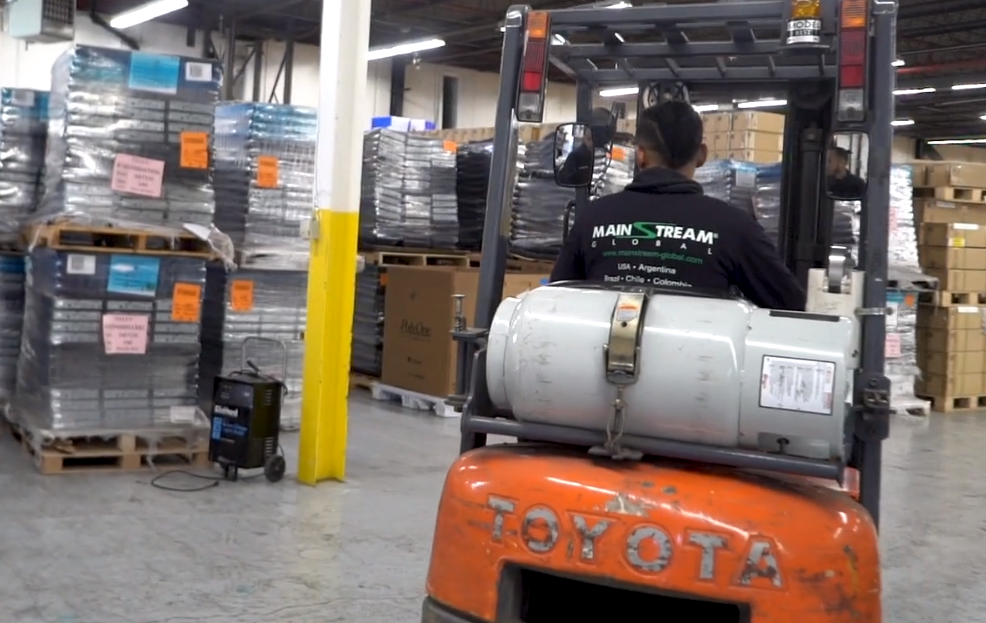
Our IT asset processing system makes us tick. But it’s not only the system itself but the integrity built into every step of the process that sets us apart. How do we make it happen? Watch our new video for an up-close look at a day in the life of an IT asset, from the moment it arrives at our doors to the time it is shipped off. Here’s what you can expect:
Integrity permeates the process from the very beginning.
As soon as your shipment arrives at our door, each pallet is broken down and checked against the manifest. If we uncover any discrepancies, we seal and quarantine the pallet until the issue is resolved with our partner. The IT asset cannot be moved to the next phase until we’ve verified the content of all incoming shipments. This step is crucial in maintaining our integrity and illustrates our commitment to transparency.
Tracking paves the way for accuracy.
As soon as the shipment has been opened, each product is tagged with a barcode and scanned into a database, giving us the ability to track each piece of hardware as it moves through our process. We know the status of every asset at all times. Such a high level of organization allows us to negotiate, reschedule, or repopulate the redeployment of products with extreme accuracy, while maintaining any parent-child relationships throughout the entire life-cycle of assets or commodities.
Streamlining yields quick turnaround.
Each asset or harvested commodity goes through a thorough testing and evaluation process. Our system categorizes each piece into one of five categories, ordered by initial quality, which classifies them for reconditioning or even immediate redeployment. Then your products are repackaged and ready for introduction into suitable markets.
We have streamlined our process to such a degree that we can now turn many of the products around the same day. We carefully curate the process so each asset receives the same care and scrutiny no matter the size of the customer or the value of the IT asset itself.
Our IT asset management system increases value.
The quality of our process is ingrained into our company culture. Our employees take pride in returning the best result to not only you, but the end user as well. We maximize efficiency and quality, resulting in savings, brand protection, and peace of mind for you.
Our goal is to make things as lean as possible without cutting any muscle. That’s how we ensure that you come out on top.
Mainstream Global, Inc., headquartered in Lawrence, Mass., owns and operates ISO 9001, 14001, OHSAS 18001 and R2 certified processing centers in the United States, Colombia, Peru, Chile, Argentina and Brazil. With over 19 years of directly servicing and re-selling assets from top-tier manufacturers, Mainstream Global is the recognized expert. Our partners rely on us for compliance, security, professionalism, and brand protection, all while providing the best returns and prioritizing global environmental standards.



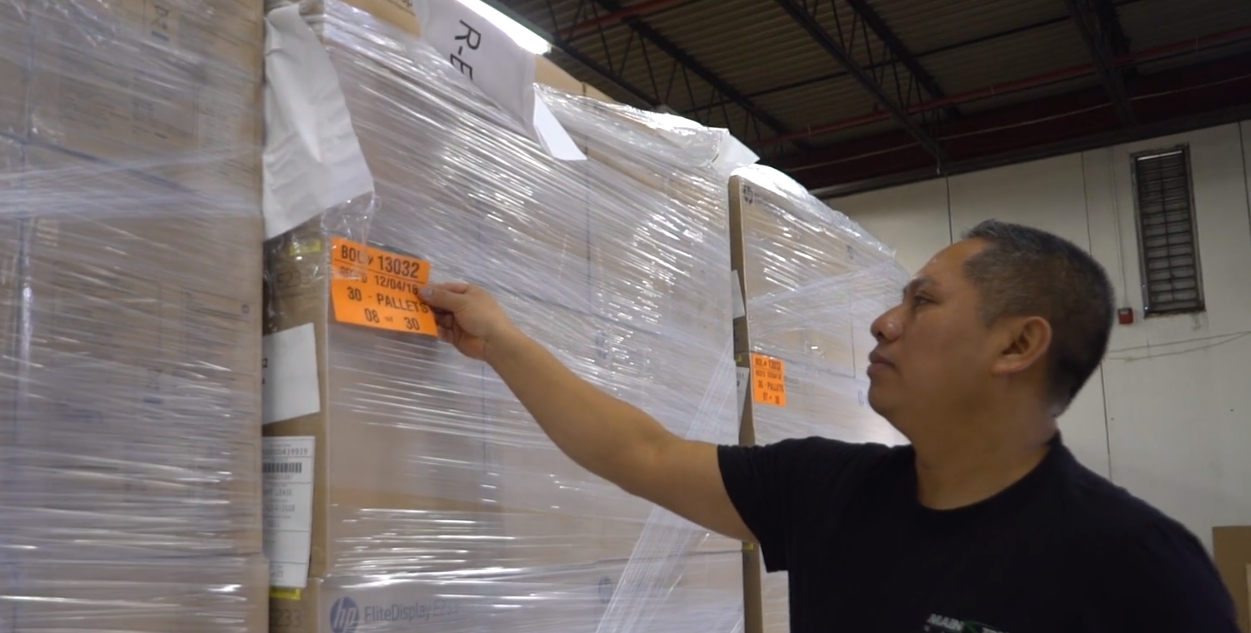
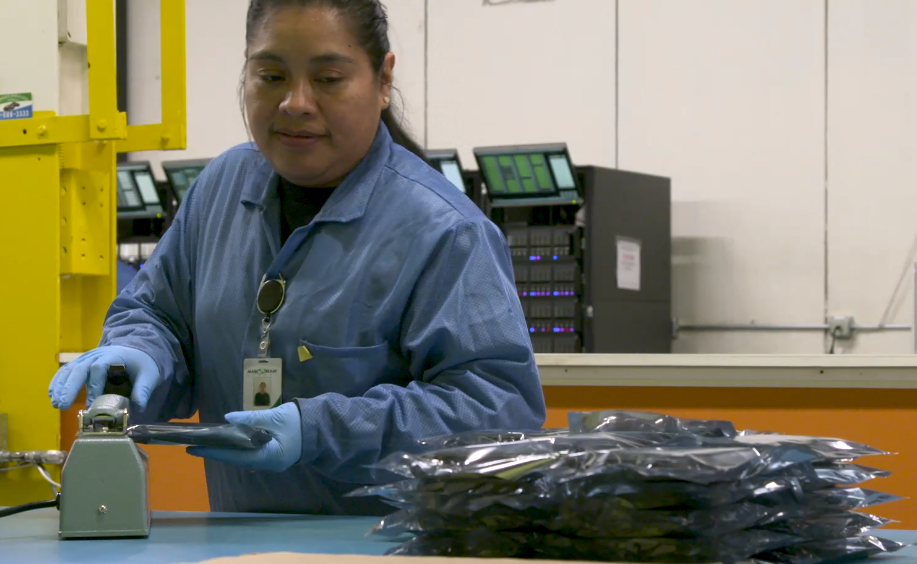
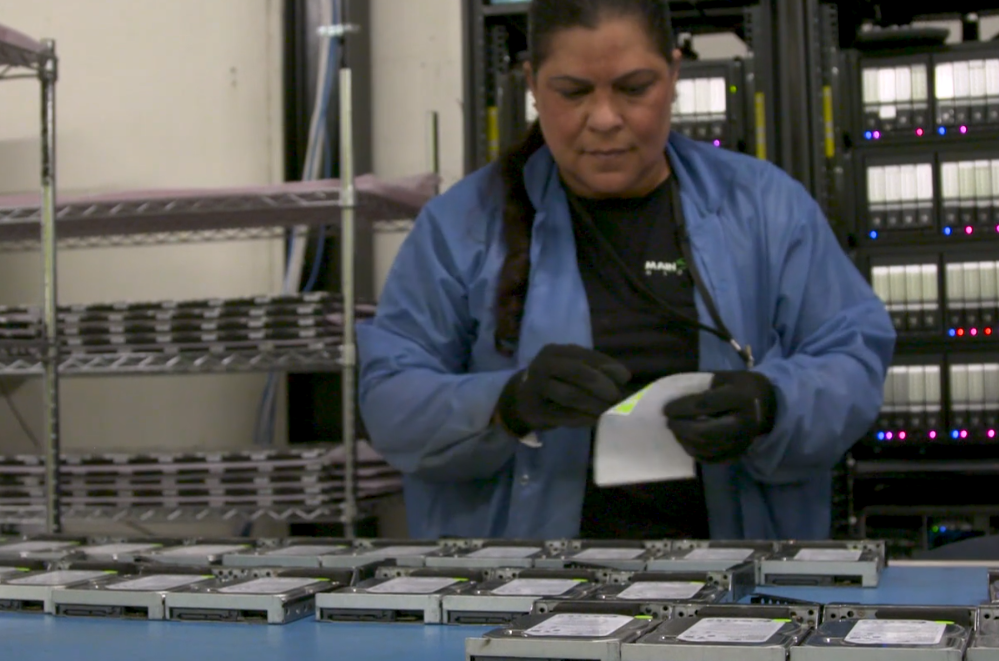
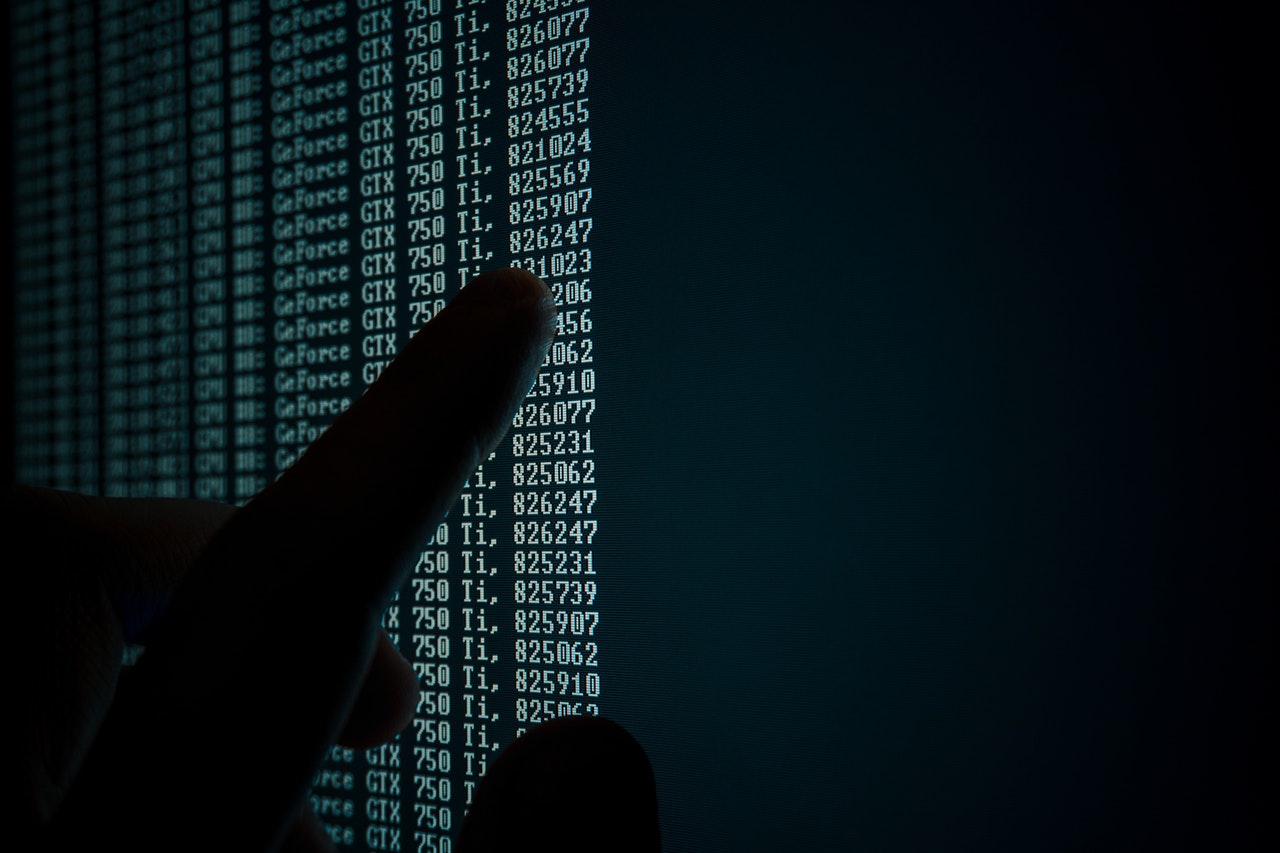
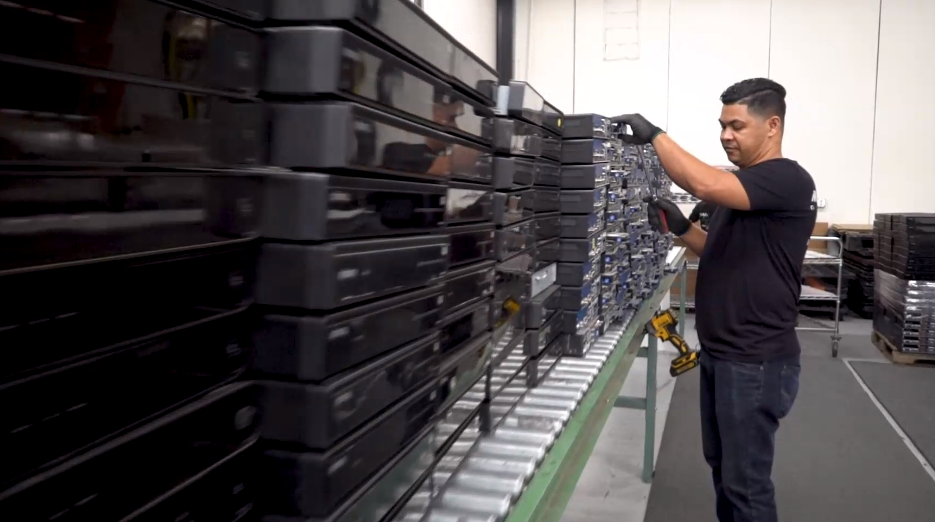



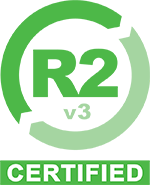
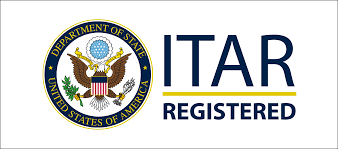
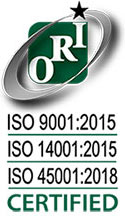
Recent Comments